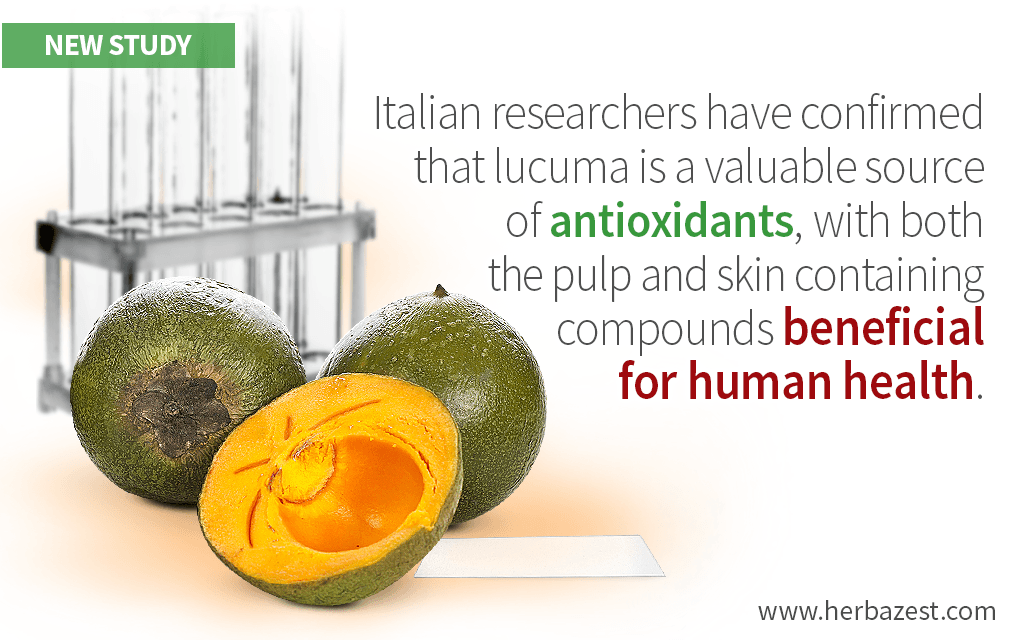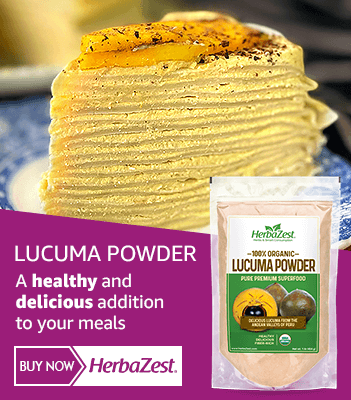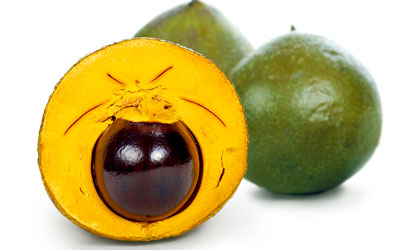In its native land, lucuma is celebrated for its sweet flavor and creamy texture. While lucuma's basic components and their beneficial properties have already been identified, little is known about the fruit's other compounds, especially in its skin, which is usually thrown away.1 In this trial, Italian scientists from the University of Salerno took a closer look at the potential benefits of the lucuma fruit by studying its specialized metabolites.
The Study
The research consisted of comprehensive profiling of the metabolites found in lucuma's pulp and skin extracts using advanced analytical techniques such as high-resolution mass spectrometry and HR-LC-ESI-Orbitrap-MS.
Once they identified the specialized metabolites, researchers evaluated the antioxidant activity of isolated phenolic compounds via Folin-Ciocalteu, DPPH, and TEAC assays.
The findings of this 2021 lucuma trial were published in the renowned Molecules journal.
The Results
The study identified 36 compounds within the pulp extract. Notably, 16 lipid compounds were identified for the first time in lucuma, including oxylipins, glycolipids, and phospholipids.
The skin extract revealed a high phenolic content (560.69 mg GAE/g extract) and strong antioxidant activity, particularly from compounds like taxifolin.
What Does this Mean?
The findings of this trial suggest a rich diversity of bioactive compounds in the lucuma fruit with potential health benefits. They confirm that lucuma is a valuable source of antioxidants, with both the pulp and skin containing compounds beneficial for human health.
In addition, the identification of specialized metabolites, especially in the skin, highlights the potential for using this agricultural waste in food supplements. The study's approach demonstrates the importance of combining analytical techniques for a thorough understanding of plant metabolite profiles.
Other South American herbs with potent antioxidant properties are acai, camu camu, and soursop.
Sources
- Molecules, Pouteria lucuma Pulp and Skin: In Depth Chemical Profile and Evaluation of Antioxidant Activity, 2021
Footnotes:
- Food Chemistry. (2016). Characterization of main primary and secondary metabolites and in vitro antioxidant and antihyperglycemic properties in the mesocarp of three biotypes of Pouteria lucuma. Retrieved March 21, 2024, from https://pubmed.ncbi.nlm.nih.gov/26212989/







